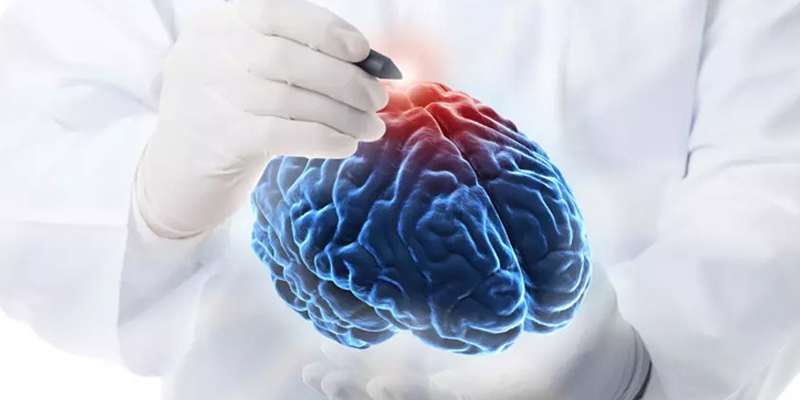
Neurosurgery is a specialized field of medicine that focuses on the diagnosis, treatment, and surgical management of disorders and conditions affecting the central nervous system, including the brain, spinal cord, and peripheral nerves. Neurosurgeons are highly skilled medical professionals who specialize in this complex and demanding field. In this article, we will explore the responsibilities, skills, and importance of neurosurgeons.
Neurosurgeons are responsible for the evaluation and surgical treatment of a wide range of neurological conditions. These may include brain tumors, spinal cord tumors, vascular malformations, spinal cord injuries, herniated discs, epilepsy, hydrocephalus, and cranial nerve disorders. They utilize their expertise to assess patients' conditions and determine the most appropriate surgical interventions.
One of the primary responsibilities of neurosurgeons is to perform intricate surgical procedures on the brain, spine, and peripheral nerves. These surgeries may involve removing tumors, repairing blood vessels, relieving compression on nerves, and correcting abnormalities. Neurosurgeons employ advanced surgical techniques, including microsurgery and minimally invasive procedures, to maximize precision and minimize potential risks.
Neurosurgeons also work closely with other medical professionals, such as neurologists, radiologists, and oncologists, to provide comprehensive care to their patients. They collaborate in the diagnosis, treatment planning, and follow-up care of individuals with neurological disorders. This multidisciplinary approach ensures that patients receive the most appropriate and effective care for their condition.
In addition to surgical interventions, neurosurgeons may provide non-surgical treatments for certain neurological conditions. They may prescribe medications, recommend physical therapy, or advise lifestyle modifications to manage symptoms and optimize patient outcomes. They carefully consider the unique needs of each patient and develop individualized treatment plans.
Neurosurgeons also play a crucial role in emergency medicine. They are often involved in the management of traumatic brain injuries, spinal cord injuries, and other acute neurological emergencies. Their expertise and ability to make critical decisions in high-pressure situations can make a significant difference in patient outcomes.
To be successful in their profession, neurosurgeons require exceptional skills and knowledge. They must have a deep understanding of neuroanatomy, neurophysiology, and neurosurgical techniques. They possess excellent surgical dexterity, hand-eye coordination, and problem-solving abilities. Effective communication skills are also crucial in building rapport with patients and their families, explaining complex medical information, and coordinating care with other healthcare professionals.
The importance of neurosurgeons in healthcare cannot be overstated. Neurological conditions can have a profound impact on a person's quality of life, and neurosurgical interventions are often essential in improving outcomes and enhancing functioning. Through their surgical expertise, neurosurgeons can help alleviate pain, restore function, and potentially save lives.
Furthermore, neurosurgeons contribute to research and advancements in the field of neurosurgery. They participate in clinical trials, engage in scientific research, and share their knowledge and expertise through medical conferences and publications. Their contributions to research help advance surgical techniques, refine treatment protocols, and improve patient care.
In conclusion, neurosurgeons are highly skilled medical professionals who specialize in the diagnosis and surgical management of disorders affecting the central nervous system. Through their expertise, precision, and collaborative approach, neurosurgeons play a vital role in improving patient outcomes and quality of life. Their contributions to research and ongoing learning further enhance the field of neurosurgery and ensure the best possible care for individuals with neurological conditions.
